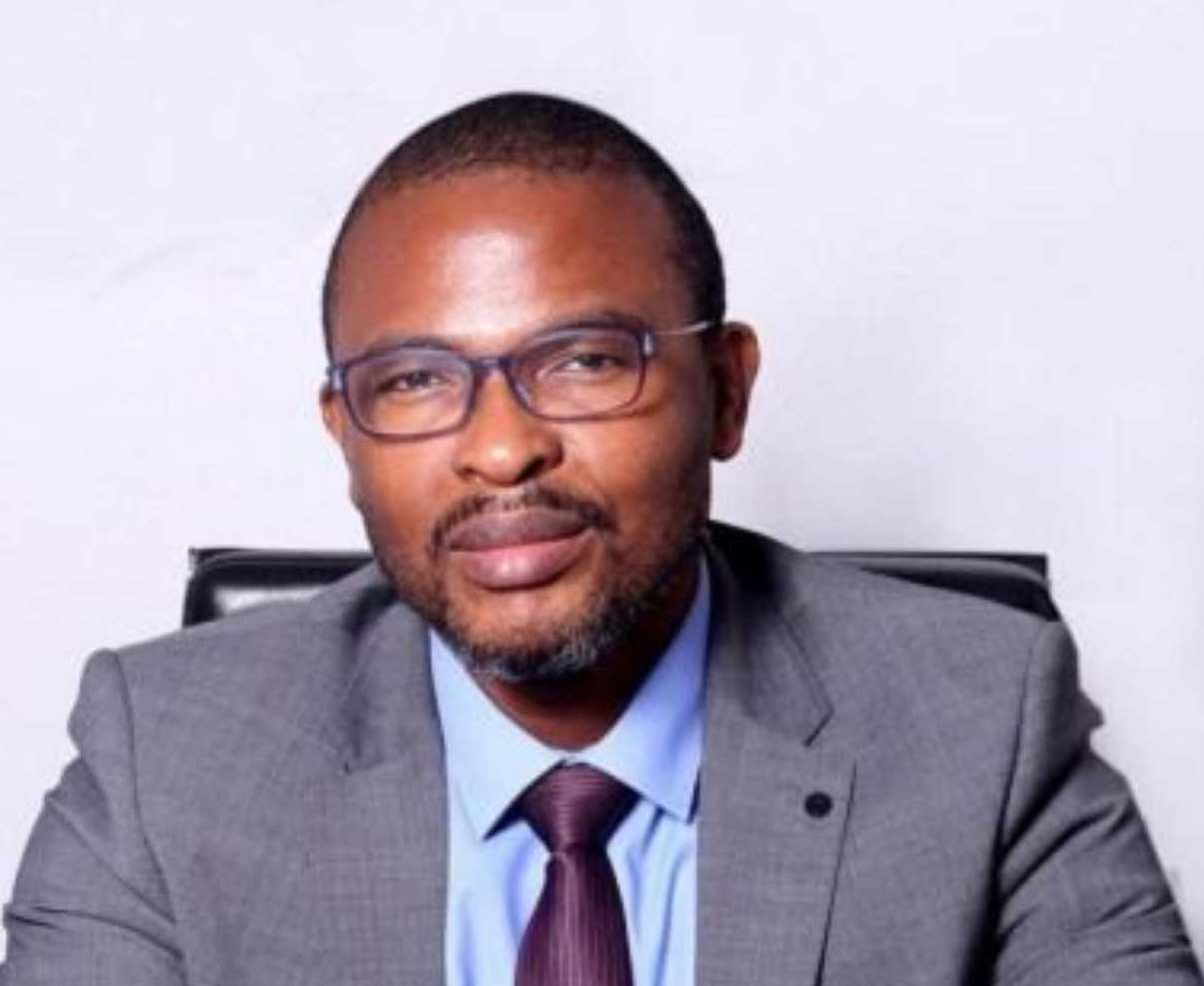
This commendation was made during the FIRS Special Day at the ongoing Lagos International Trade Fair (LITF), where LCCI President, Mr. Gabriel Idahosa, highlighted key initiatives and proposed five steps toward creating a more unified tax system that would streamline compliance for businesses across Nigeria.
Idahosa praised FIRS for adopting reforms that align with the needs of businesses, citing the agency’s increasing use of technology and commitment to tax awareness.
However, he also urged further action to simplify the country’s tax landscape and reduce redundancy.
He emphasised that effective tax governance is an integral component of the ease of doing business concept, underlining the necessity of regulatory support from FIRS to help businesses remain competitive.
To foster a unified tax system, Idahosa recommended targeted outreach, especially toward the informal sector, to nurture a culture of compliance.
He suggested that collaboration with trade associations could bolster education and compliance efforts across various segments.
Furthermore, he urged FIRS to embrace analytics and artificial intelligence, which he noted could enhance revenue predictions and enforce compliance measures more effectively.
“Training FIRS’s workforce in global tax practices would keep the agency agile in an evolving economy,” Idahosa added.
He also advocated for continuous professional development to align FIRS with international standards.
Idahosa also pointed to the potential benefits of digitalising FIRS operations fully, citing Rwanda as a successful example.
He argued that such a move would improve efficiency, cut costs, and make tax processes more accessible to businesses across Nigeria.
Idahosa suggested that greater cooperation between FIRS and state tax agencies could form a cohesive tax framework, thereby reducing overlaps and simplifying tax obligations at all levels.
He further acknowledged FIRS’s recent advancements under the leadership of Executive Chairman Dr. Zaccheaus Adedeji, commending the agency for its commitment to institutional reforms.
Idahosa also pointed to areas where improvements were needed within Nigeria’s tax system, such as the complexity of tax computations, rigorous payment processes, and the issue of multiple taxes collected by various agencies across federal, state and local levels.
He called for clearer information and guidance on tax regulations to bridge the knowledge gap that many businesses face.
Thanking FIRS for supporting the LITF and for their proactive engagement with the business community, Idahosa noted that LCCI remains dedicated to partnering with FIRS on reform initiatives aimed at creating a more conducive environment for businesses.
“On behalf of the Trade Promotion Board, the council members, and the entire members of the Lagos Chamber of Commerce and Industry, I thank the FIRS for supporting the LITF by participating in and offering your services at this trade fair,” he said.
He said marking its 38th year, the LITF has grown into the largest trade exhibition in West Africa, providing a platform for trade, commerce, and investment t in West Africa in terms of traffic and volume of transactions recorded.
According to Idahosa, the fair’s theme, “Connecting Businesses, Creating Value,” underscores the role of networking in fostering economic growth through partnerships between businesses, service providers, and consumers.
He said the trade fair has consistently offered opportunities for the promotion of trade, commerce, and investment through networking opportunities and mutual relations toward fostering the economic growth and development of Nigeria.





